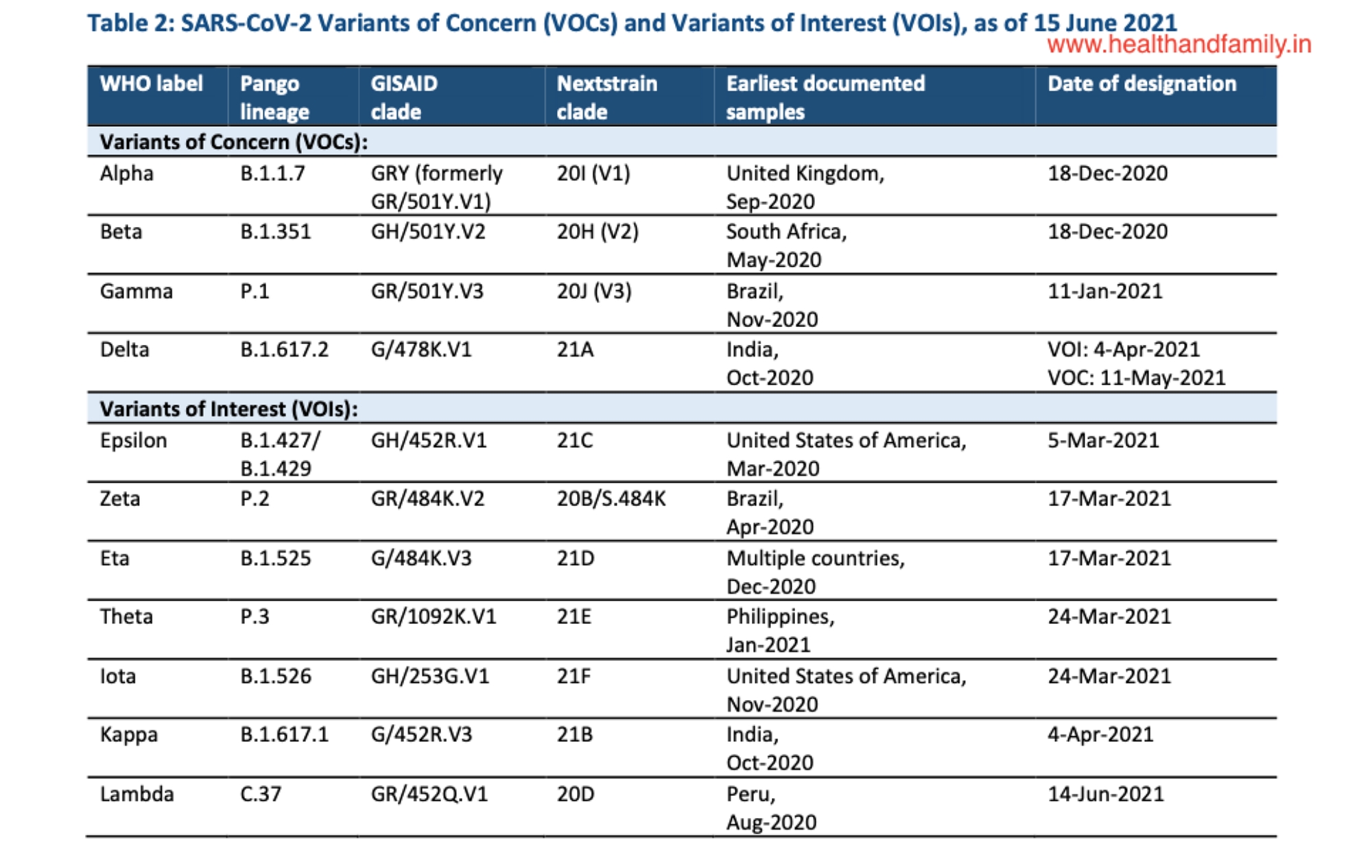
Summary:
A recent study reveals that women who use substances such as cocaine, cannabis, or other drugs during pregnancy face elevated risks of experiencing acute cardiovascular events while in the hospital for delivery. This includes a more than twofold increase in the risk of maternal mortality.
Methodology:
Researchers analyzed data from the National Inpatient Sample database covering hospital deliveries from 2004 to 2018. They utilized diagnostic codes to identify cases of maternal substance use. The study compared over 60 million pregnancies without substance use to 955,531 pregnancies with substance use. The most commonly used substances were cannabis and opioids, followed by stimulants.
The primary outcome considered any cardiovascular event, encompassing conditions like acute myocardial infarction, stroke, arrhythmia, endocarditis, acute cardiomyopathy or heart failure, or cardiac arrest. Additional outcomes examined were maternal mortality and major adverse cardiac events (MACE).
Key Findings:
- The incidence of deliveries complicated by substance use rose from 1126 per 100,000 deliveries in 2004 to 1547 per 100,000 in 2018, peaking at 2187 per 100,000 in 2014.
- After adjusting for patient demographics and cardiovascular risk factors, the results indicated that pregnant women using any substance (including cannabis, opioids, methamphetamine, alcohol, tobacco, or cocaine) were more likely to experience a cardiovascular event (adjusted odds ratio [aOR] 1.61; 95% CI, 1.53 – 1.70; P < .001), MACE (aOR 1.53; 95% CI, 1.46 – 1.61; P < .001), or maternal mortality (aOR 2.65; 95% CI, 2.15 – 3.25; P < .001) during their hospitalization for delivery.
- Those using amphetamine/methamphetamine exhibited significantly higher odds of cardiomyopathy or heart failure (ninefold) and cardiac arrest (over sevenfold).
Clinical Implications:
The authors advocate for recognizing substance use as an independent risk factor for cardiovascular events during pregnancy to safeguard the health of both mothers and their children. They recommend comprehensive prenatal assessments conducted by a multidisciplinary cardio-obstetrics team to mitigate cardiac complications.
In an accompanying editorial, it was emphasized that these findings underscore the vital support needed for substance users during pregnancy and postpartum. This should encompass comprehensive medical care, social services, access to addiction medicine, and treatment for concurrent mental health disorders.
Source:
The study was conducted by Dr. Kari Evans from the Division of Maternal Fetal Medicine, Department of Obstetrics and Gynecology, University of Arizona, Phoenix. It was published online on September 18, 2023, in the Journal of the American College of Cardiology: Advances.
Limitations:
The use of administrative databases may have led to underreporting of diagnoses. The study couldn’t assess the relationship between dose, duration, method, or timing of substance use with cardiovascular events. Additionally, it couldn’t distinguish between hospitalizations for delivery complicated by cardiovascular events and hospitalizations for cardiovascular events that prompted delivery. The data did not cover the postpartum period, which is a period with a high incidence of adverse cardiovascular events.
Disclosures:
Both the authors and the editorial writers have no relevant conflicts of interest.











